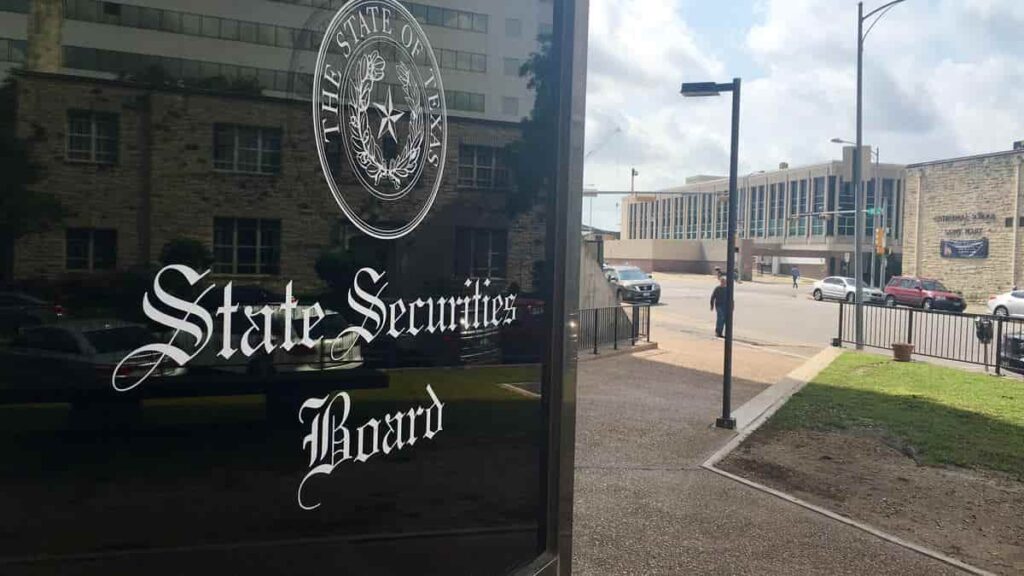In the dynamic world of cryptocurrency, legal developments can significantly impact both current operations and future growth potential. Recently, a notable legal case involving the Texas State Securities Board (TSSB) and the Apertum Foundation has drawn considerable attention within the blockchain community. This decision, which sees the TSSB dropping its case against the Apertum Foundation and its senior advisor, Josip Heit, could mark a pivotal moment in how cryptocurrency platforms are viewed under U.S. law.
The case centered on claims that Apertum’s DAO1 platform and the APTM token were being offered as unregistered securities. However, this dismissal highlights a shift in regulatory understanding, as the platform did not meet the criteria for investment contracts. Quinn Emanuel Urquhart & Sullivan, LLP, represented the Apertum Foundation, successfully arguing that their operations fall outside the bounds of traditional securities regulations.
The news has been met with varied reactions, as cryptocurrency stakeholders anticipate the potential implications of such a ruling. As blockchain technology continues to evolve, this case might influence the regulatory landscape, offering insights and possibly shaping how digital assets are approached legally in the future.
Understanding the Implications of the Apertum Case Dismissal
Background and Legal Developments
The dismissal of the TSSB’s case against the Apertum Foundation comes at a time when blockchain and cryptocurrency regulations are being scrutinized and redefined. The foundation was accused of offering unregistered securities through its DAO1 platform and APTM token. By differentiating these from traditional securities, the foundation set a precedent for how decentralized autonomous organizations (DAOs) might operate under U.S. law.
Significance of the Case Dismissal
Josip Heit, senior advisor of the Apertum Foundation, emphasized that the dismissal affirms the platform’s compliance and technological innovation. In a press statement, Heit stated, “We have consistently offered a compliant, safe platform, and this victory underscores our commitment to navigating the complexities of modern financial technology.”
Similarly, legal expert Avi Perry praised the TSSB for reassessing their claims, acknowledging the rigorous legal defense mounted by his firm. This outcome not only resolves uncertainty for Apertum but also sets a legal standard for other DeFi platforms seeking clarity.
Broader Impact on the Cryptocurrency Industry
This ruling is especially significant as the United States appears to be moving towards a more favorable regulatory environment for digital assets. With policy shifts emerging, particularly in the wake of the Trump administration, there is a growing openness to adapt to blockchain-driven technologies.
This legal victory is seen as a step towards clearer regulations, which could facilitate innovation while ensuring compliance within the industry. As other DeFi platforms look to this case, the decision could shape future strategies and regulatory interactions.
What does the Apertum case dismissal mean for future cryptocurrency regulations?
The case dismissal suggests a more nuanced understanding of how cryptocurrency platforms can operate under U.S. law. It highlights the possibility for future legal frameworks that are more accommodating to blockchain technologies, potentially encouraging further innovation in the sector.
How does this legal decision impact DeFi platforms?
For DeFi platforms, this ruling might serve as a benchmark for navigating regulatory challenges. It offers a pathway to establish operations without compromising compliance, potentially reducing the legal uncertainties that have previously deterred innovation.
Is the United States moving towards a more favorable environment for digital assets?
Recent legal developments, including the TSSB’s case dismissal, indicate a shift towards a regulatory environment that could be more supportive of digital assets. As regulatory bodies continue to adapt, this favorable climate could spur growth and robust technological advancements in the blockchain industry.
In summary, the dismissal of the case against the Apertum Foundation not only benefits the organization itself but also serves as a precedent for the broader crypto landscape. This ruling could help demystify regulations for DeFi platforms and encourage the adoption of clearer guidelines, ultimately fostering a more innovative and compliant digital asset environment.

